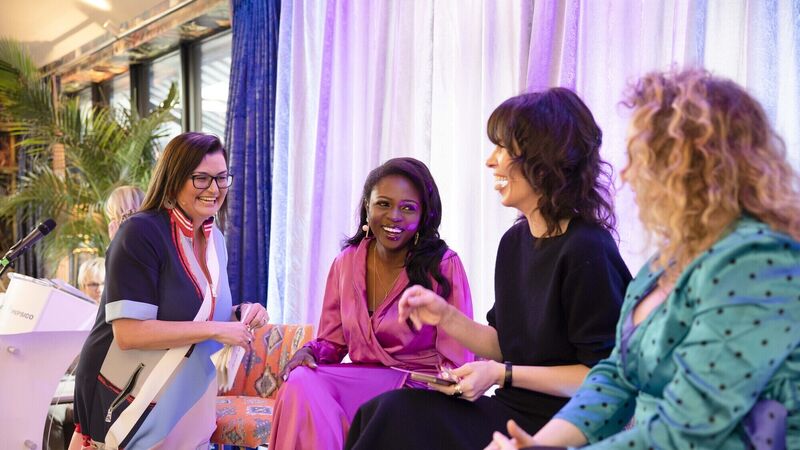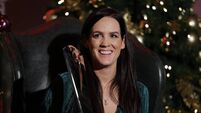IWD event hears about the 'unmet needs for women' in health, homelessness and work

Esther N McCarthy with panelists Deborah Somorin, Annmarie O'Connor and Julie Jay. Picture: Clare Keogh
Education access, women’s healthcare and sexism in the comedy industry were the topics being discussed on Wednesday morning at the Irish Examiner’s International Women’s Day breakfast event in association with PepsiCo.
Social entrepreneur and author Deborah Somorin, Irish Examiner Fashion editor and Parkinson's advocate, Annmarie O'Connor, and comedian and Irish Examiner columnist Julie Jay spoke with Lifestyle Editor Esther N McCarthy about the challenges they face around equity, which is the IWD theme for 2023.










